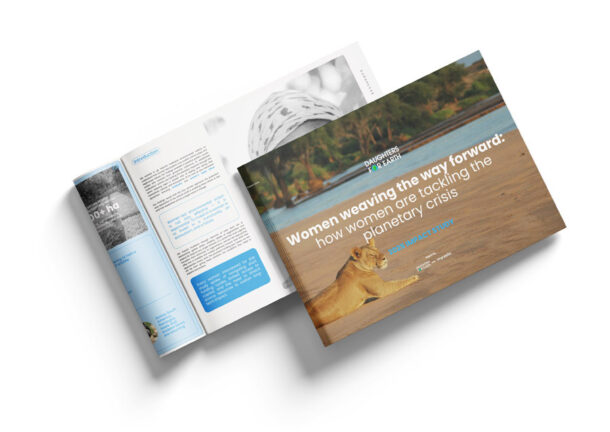Indonesia
Protecting the Vulnerable Dugong
Mikaela Clarissa’s fascination with dugongs was ignited by her father’s captivating stories. He often enraptured his young daughter with tales of these graceful sea creatures believed to have inspired the mermaid myth. While he painted vivid images of their grace and beauty, he didn’t shy away from addressing the harsh reality of their situation.
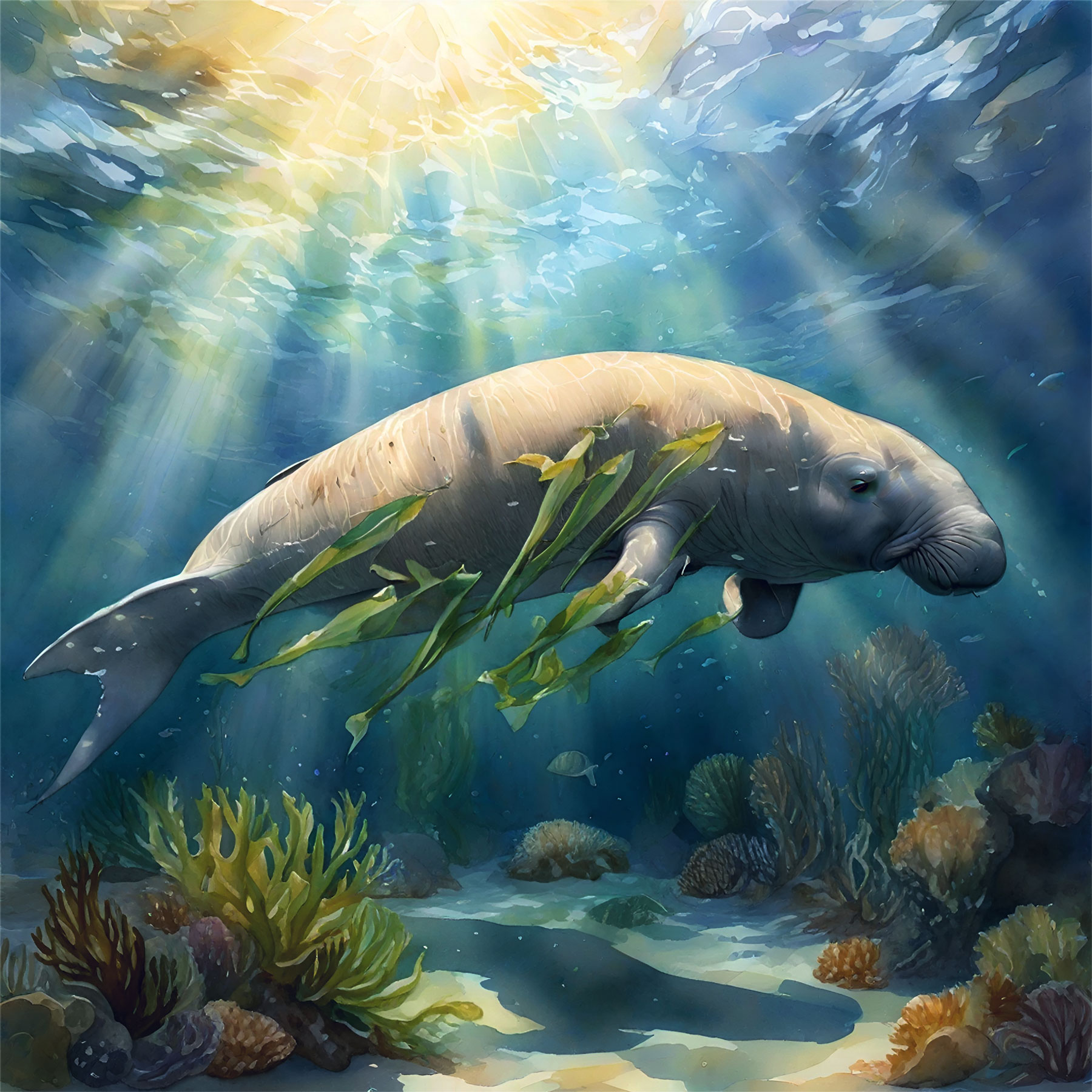
Dugongs were being hunted for their meat, skin, oil, tusks, or even their tears, which were believed to hold magical powers in local folklore. Due to their lack of charismatic appeal compared to animals like the Sumatran tiger or orangutan in Indonesia, they received little priority for protection. Mikaela felt a deep sadness for these gentle giants. But with limited resources and avenues to make a difference, she tucked away her concern in the recesses of her mind.
As she matured, Mikaela’s innate passion for creativity led her to pursue a major in visual communication design at university. Simultaneously, she enrolled in conservation school, deepening her understanding of conservation efforts in Indonesia.
Upon graduating, she embarked on a career as a professional graphic designer consultant. Drawing on her creativity, she sought to bridge the gap between scientific language and public understanding by translating complex data into interactive visuals and compelling language.
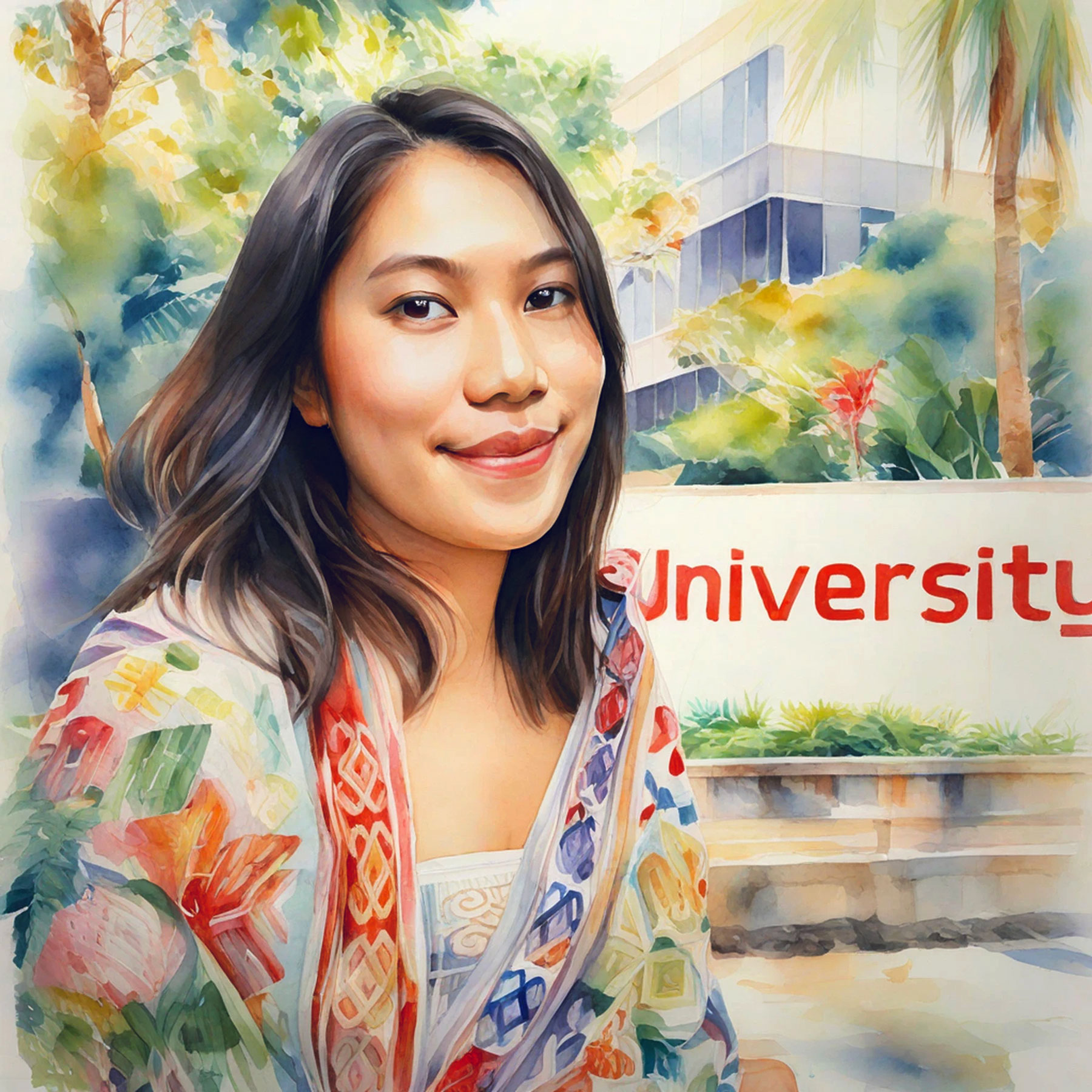
Mikaela’s father’s stories about dugongs resurfaced when she realized that, years later, there were still no local organizations addressing the specific issue of preserving dugongs. That was when she founded Tamang Dugong, which translates to “Friend of Dugong.”
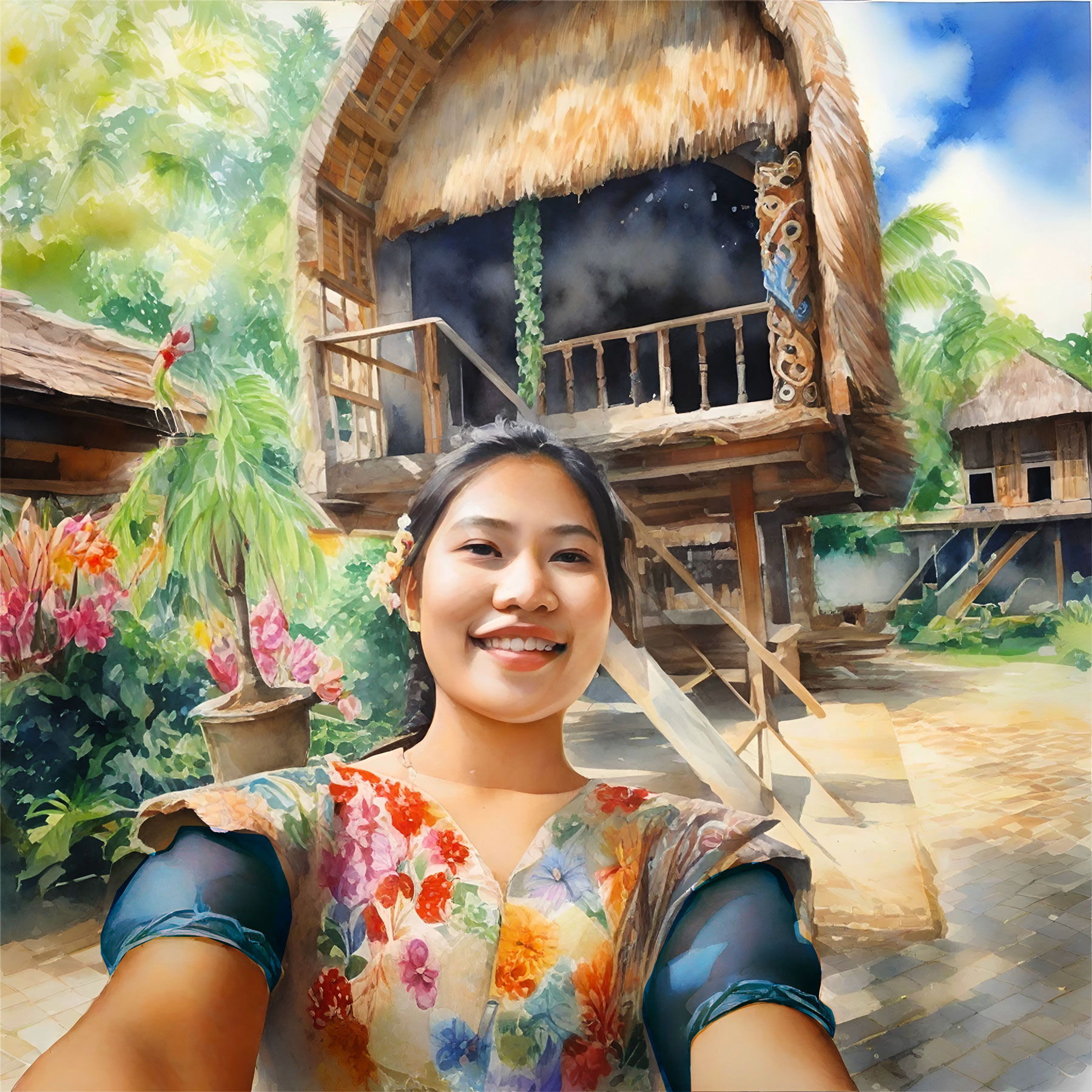
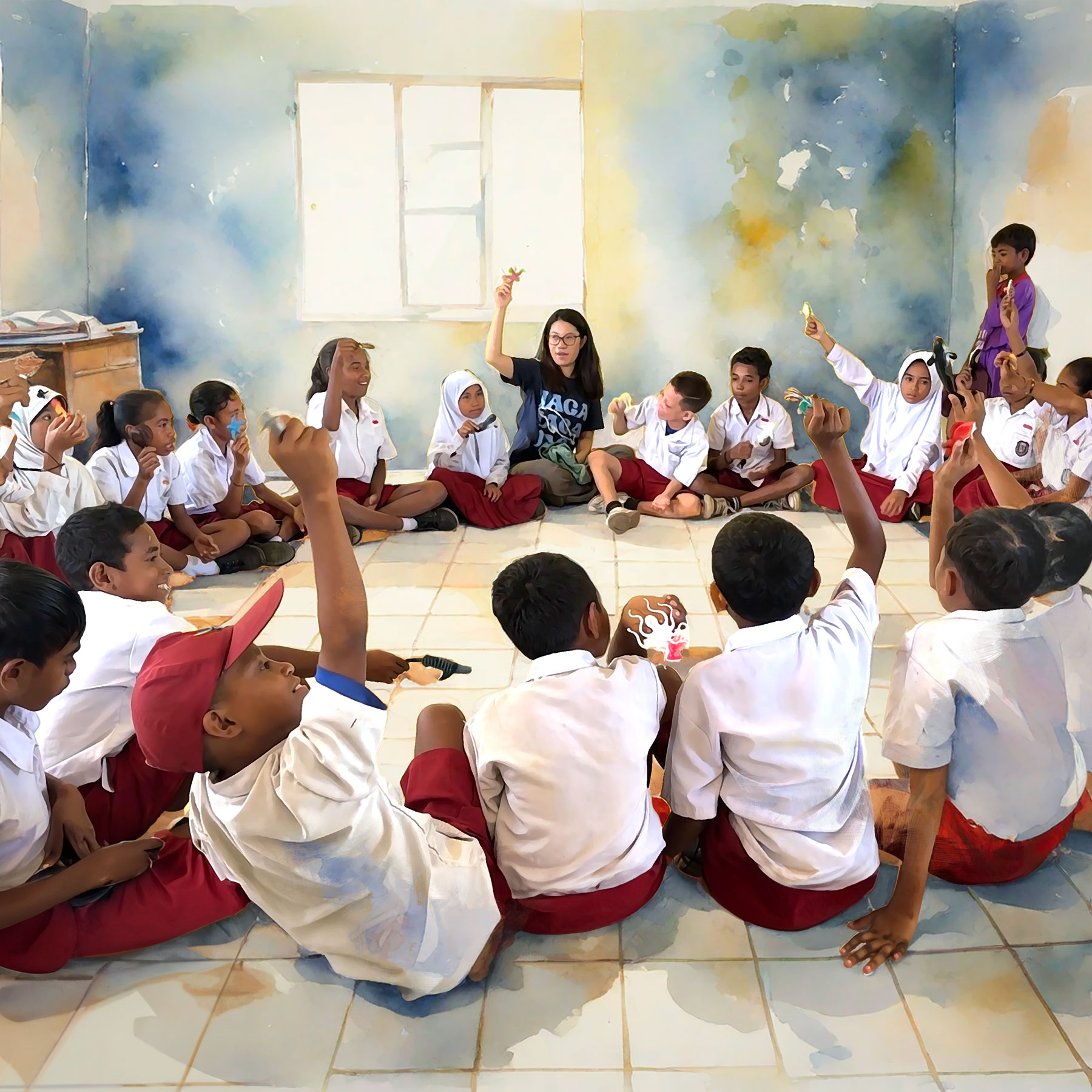
Many people in Indonesia remain unfamiliar with dugongs, often mistaking them for mythical creatures. Through digital campaigns, Tamang Dugong aims to share factual information about these marine mammals in easily understandable formats. By highlighting their crucial role in the ecosystem and the urgent need for their protection, the organization seeks to garner support for dugong conservation efforts.
Recognizing the lack of precise population data for dugongs in Indonesia, Tamang Dugong also implemented a citizen science network involving divers, fishermen, and local authorities in recording basic dugong sighting data. The goal is to create a valuable resource for individuals and organizations interested in developing dugong conservation projects in the future.
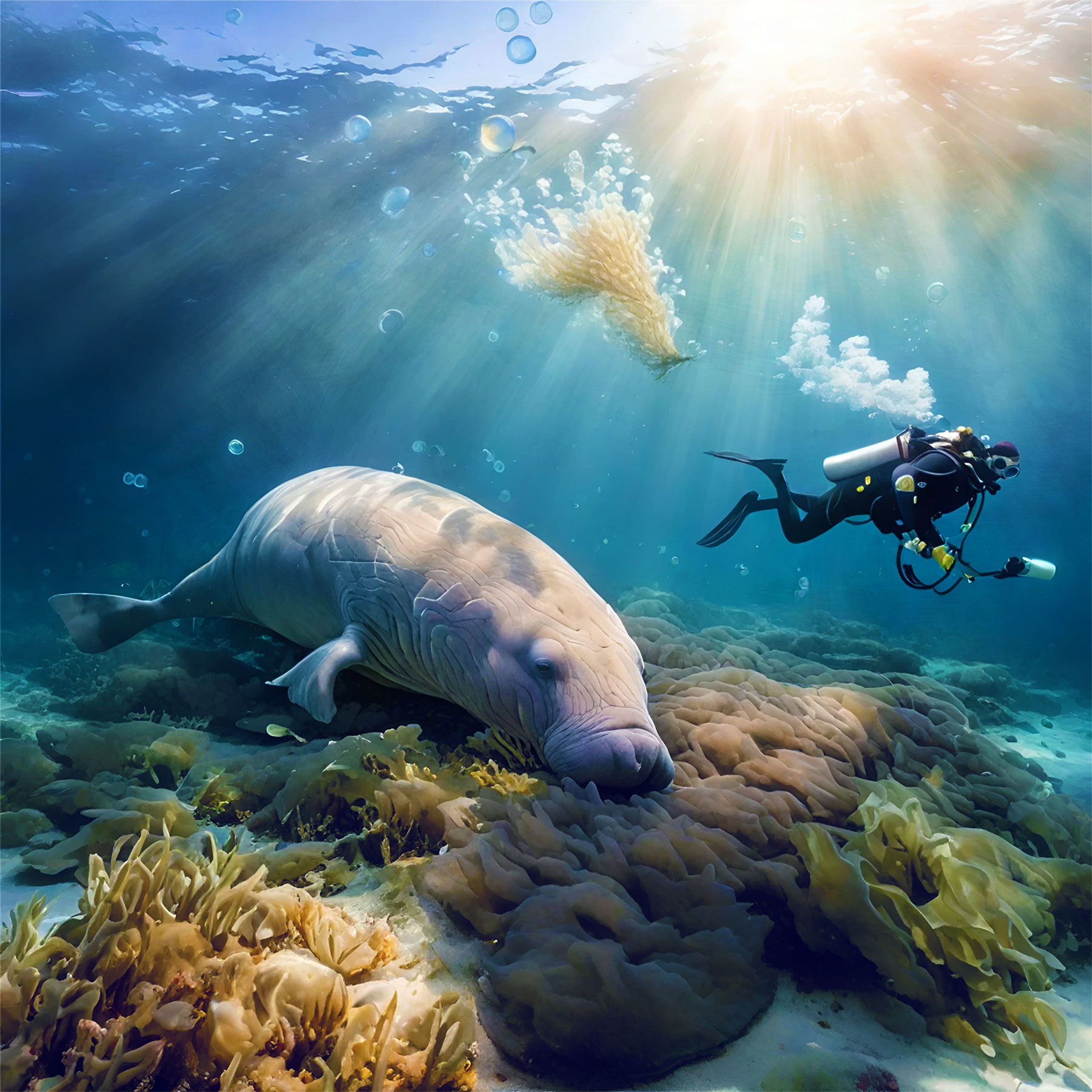
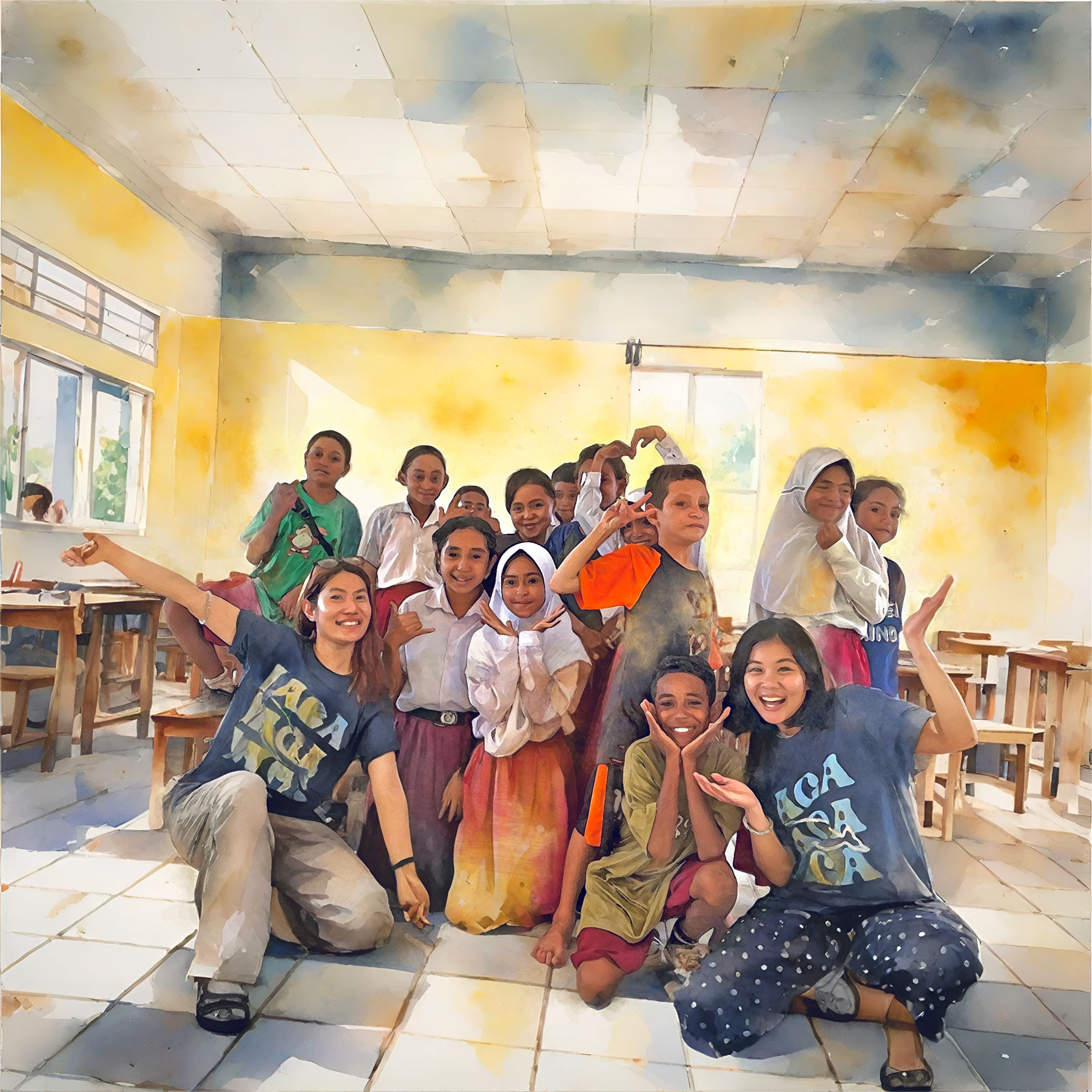
Through her creativity, Mikaela has conveyed crucial information about dugongs in a way that resonates with people. Her work has not only increased public awareness but also inspired a deeper understanding and appreciation of dugongs. She hopes that her efforts will lead to their protection for generations to come.

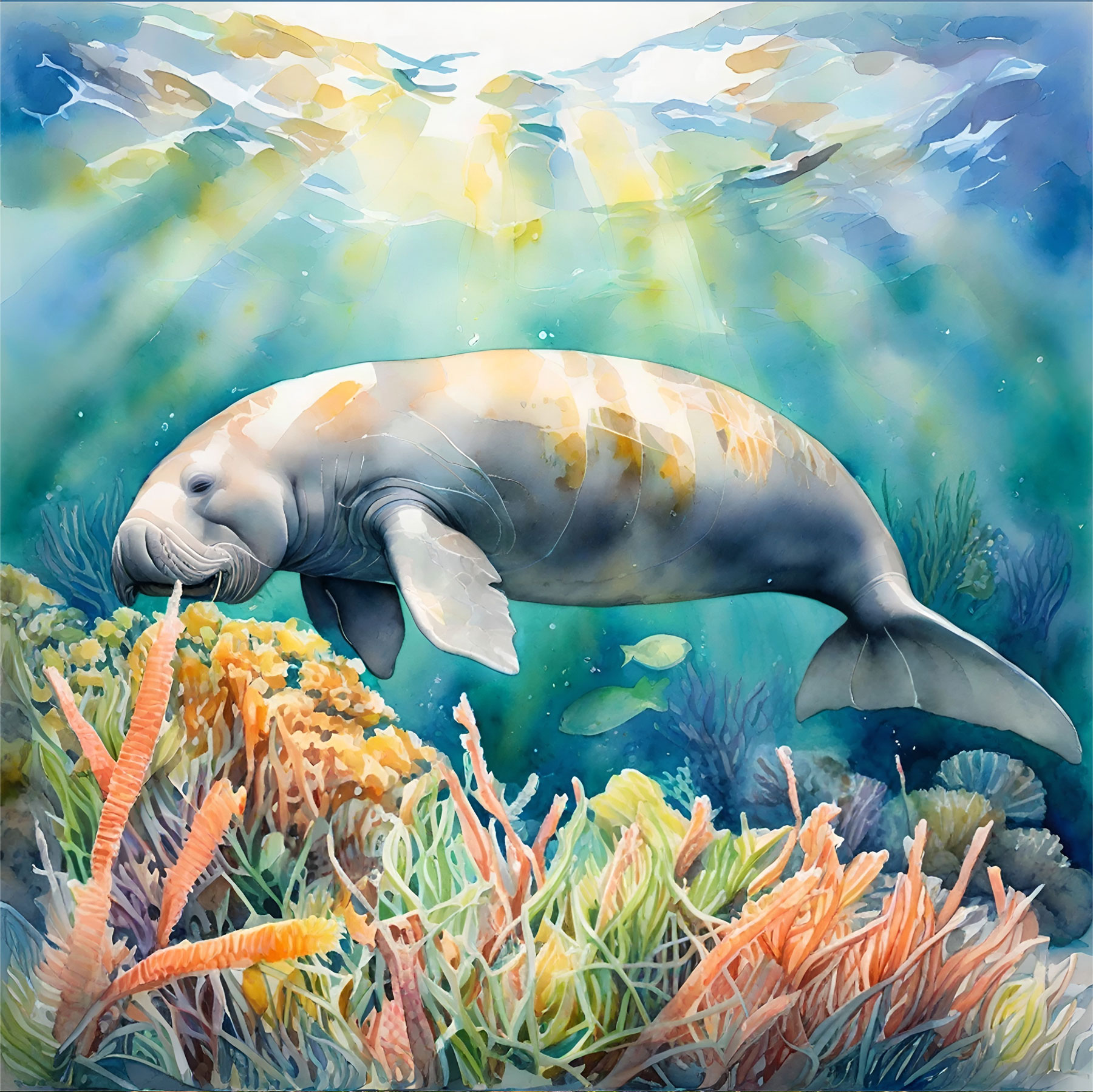
Dugongs, the world’s only strictly herbivorous marine mammal, primarily feed on and pollinate seagrass, which plays a vital role in combating climate change by absorbing carbon dioxide (CO2) from the atmosphere (approximately 35 times faster than tropical forests). Without seagrass, there would be more CO2 in the air, leading to increased global warming.
The abundance of dugongs, therefore, serves as an indicator of the overall health and integrity of coastal ecosystems. However, it is estimated that dugong populations have declined by 90% in the past 30 years. Protecting and conserving these gentle giants and their habitats is essential for maintaining the health and resilience of coastal ecosystems and mitigating the impacts of climate change.

Consider these tips:
Personal
Lesser charismatic animals typically refer to species that do not receive as much attention or conservation focus as iconic or flagship species like tigers, elephants, or pandas. While they may not capture headlines or public attention as much as the more iconic species, protecting them is essential for maintaining biodiversity and the health of ecosystems.
Take time to identify these often overlooked animals. They could be rodents, beetles, or crustaceans. Learn about their populations and habitats. Raise awareness about the specific threats they face. By doing so, you can help safeguard their future and preserve the balance of nature.
Community
Mikaela’s story challenges the misconception that only conservationists can protect our environment. The fact is people from all backgrounds can contribute to conservation efforts.
Come together as a community and use your diverse skills to drive conservation forward. Scientists can research ecosystems and threats. Artists can raise awareness through visual art, music, or storytelling. Educators can spread knowledge and promote conservation practices.
Our communities are full of skills waiting to be tapped. Pool your talents to make a real difference in preserving our planet’s natural heritage.
Share Your Ideas
Share your ideas:
We would love to hear from you! What special skills or talents are you leveraging to drive conservation efforts forward and make a difference? Please send your story to engage@daughtersforearth.org. You can support all Daughters by visiting our website and becoming part of the solution here.

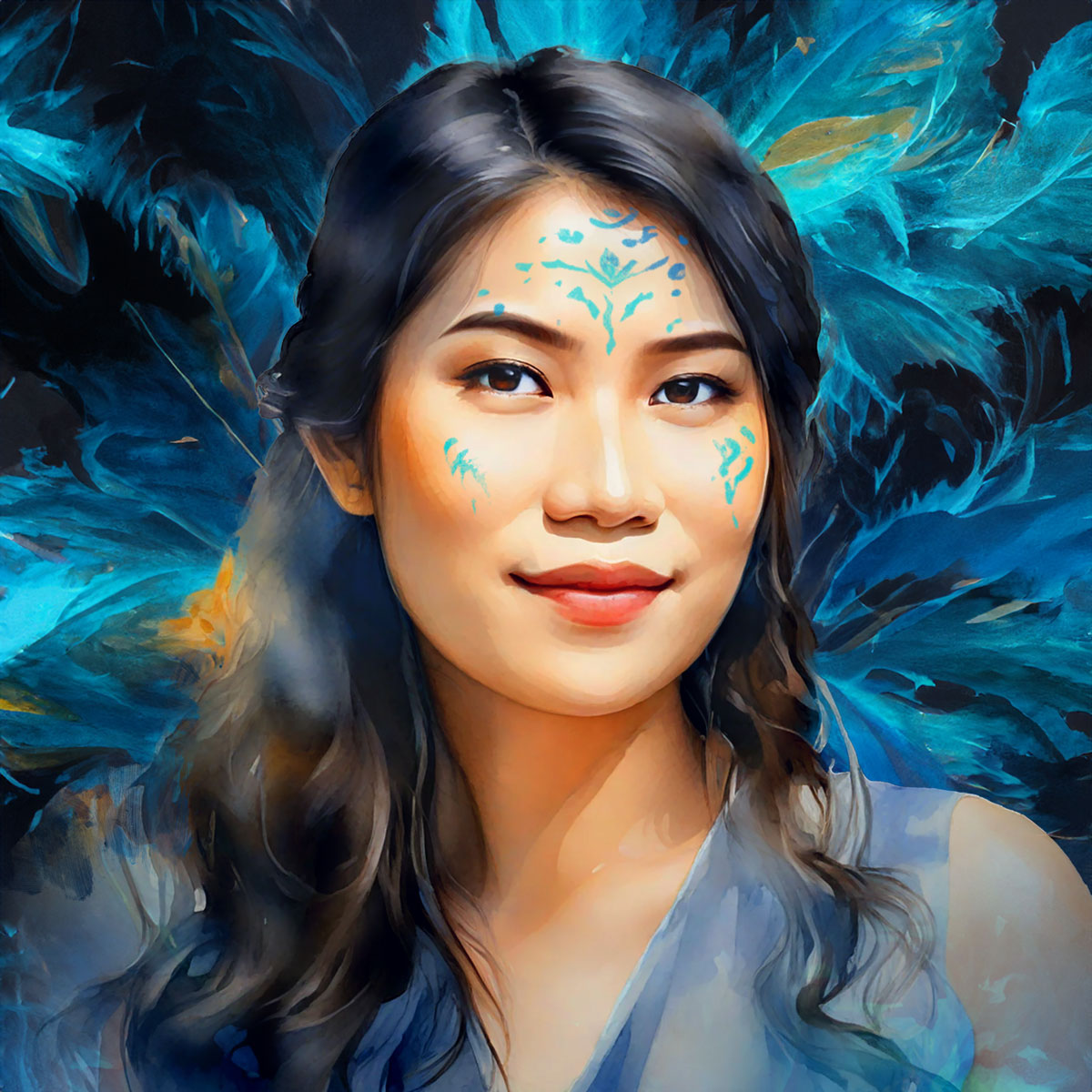

 Donate
Donate